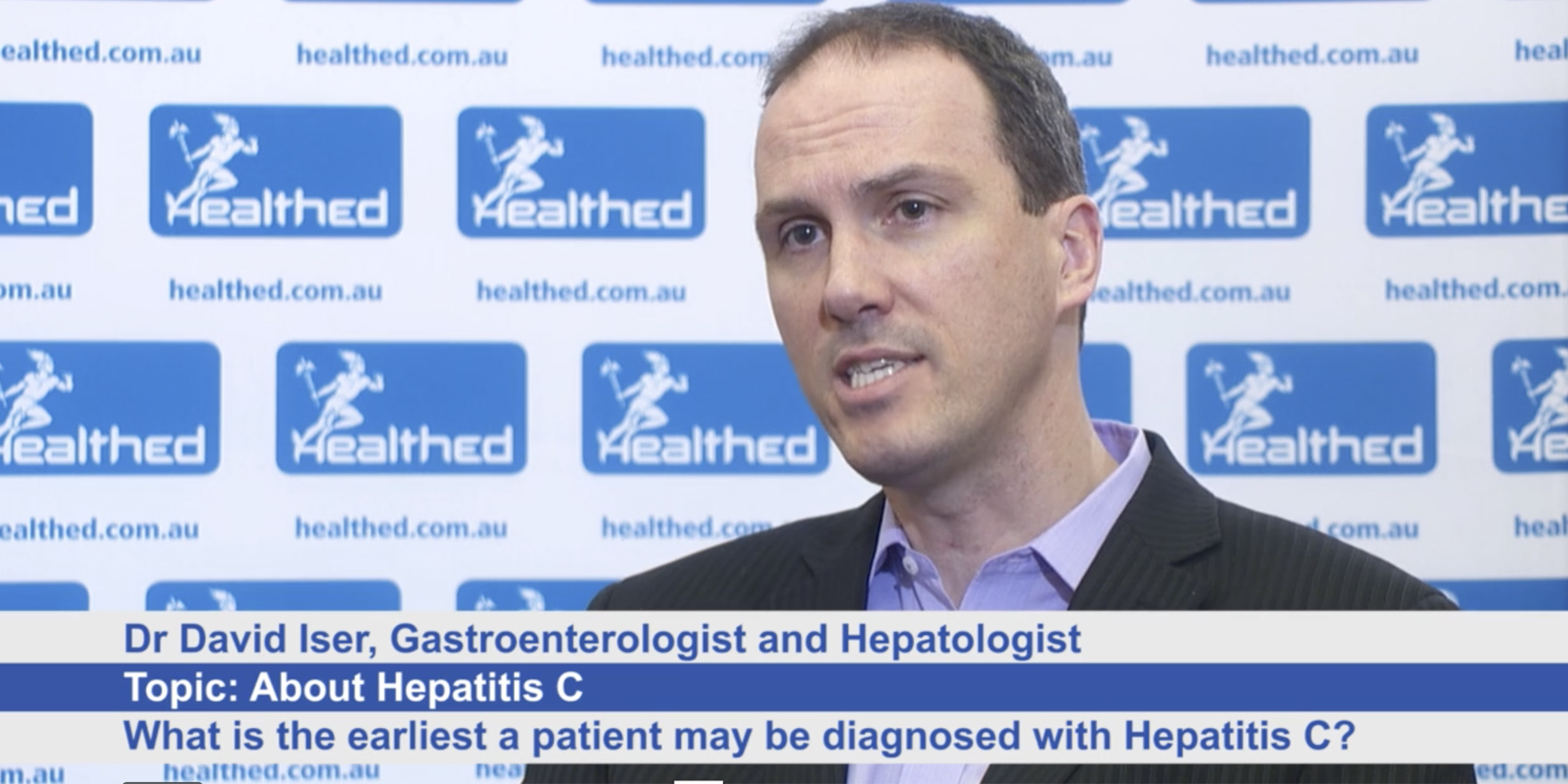Patients exposed to hepatitis C are often asked to wait to see if the infection clears on its own
Patients exposed to hepatitis C are often asked to wait to see if the infection clears on its own.
Women have a 45% chance of clearing hepatitis C, whereas men may have a one in 10 chance.
“Basically, we wait to see if hepatitis C is going to stick, and if it does we treat it,” says Dr David Iser, gastroenterologist and hepatologist at St Vincent’s Hospital and The Alfred Hospital.
Many people exposed to hepatitis C won’t actually get the infection, he adds.
For patients with hepatitis C, they will often present to a general practice around eight to 10 weeks after exposure with signs of dark urine, fatigue, nausea, or jaundice.
“At that point, if the GP does some liver function tests they would probably find that they were abnormal.
“The doctor would be thinking about differential diagnoses at that stage and have to look at other medications the patient was taking, consider high alcohol intake or other infections.
“If the liver function tests are abnormal and the GP requested a hepatitis C antibody that may or may not be positive at that stage. It may take longer.”
At this stage, there is no post-exposure prophylaxis but treating chronic hepatitis C is very easy with the currently available medications, Dr Iser says.
Treating acute hepatitis C is similarly easy, although not funded by PBS at the moment.
[media_embed] https://player.vimeo.com/video/213813349[media_embed]


